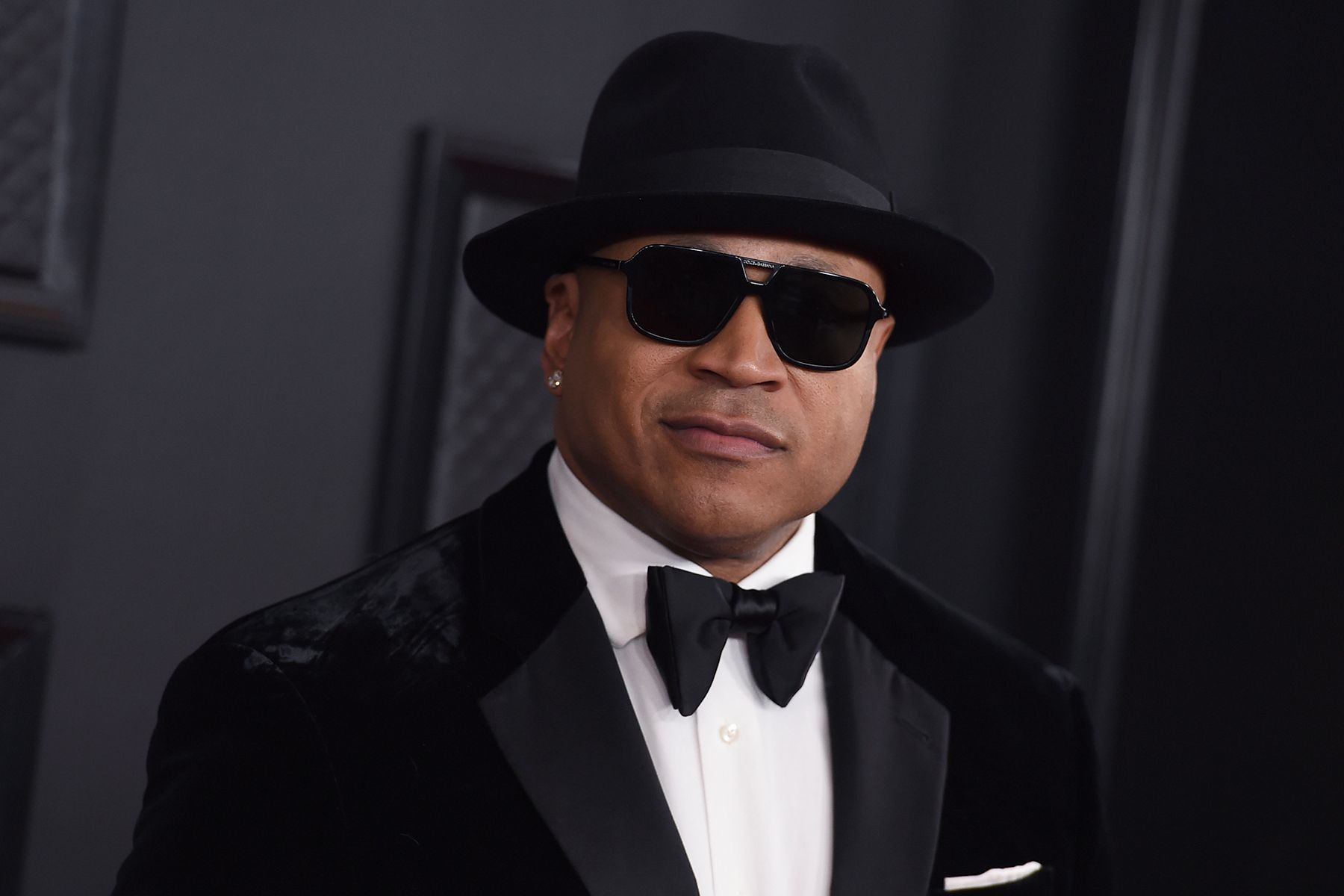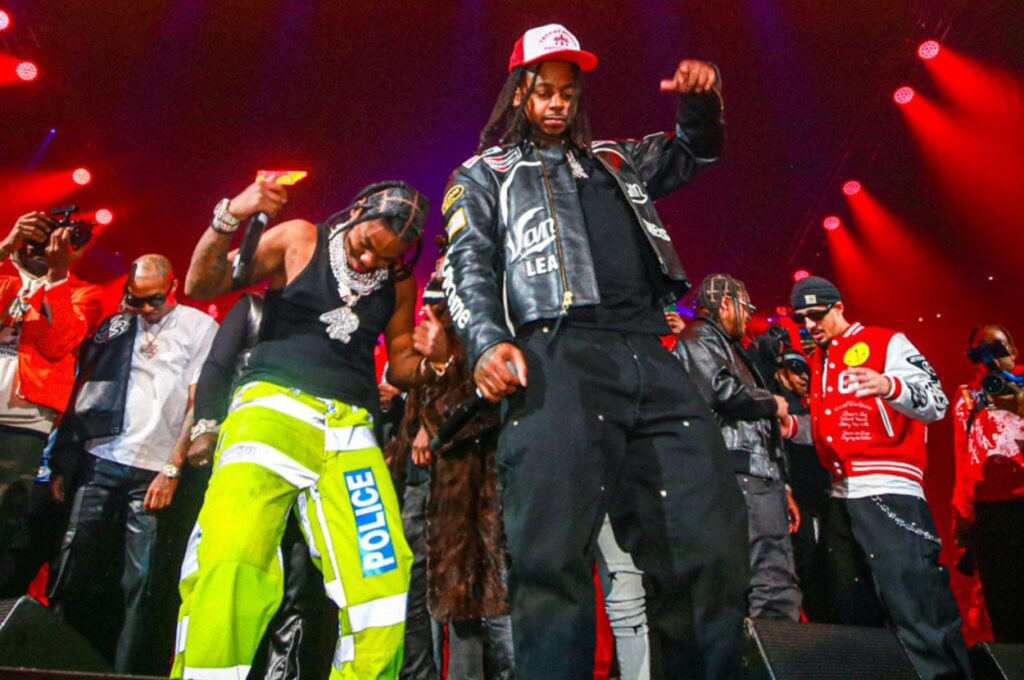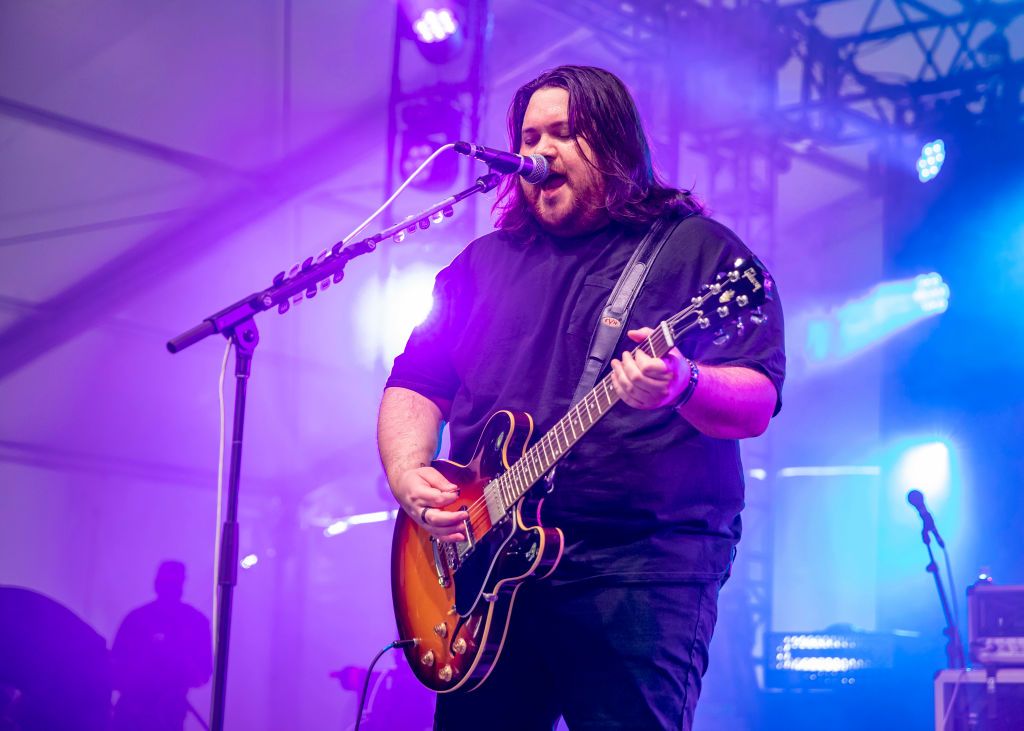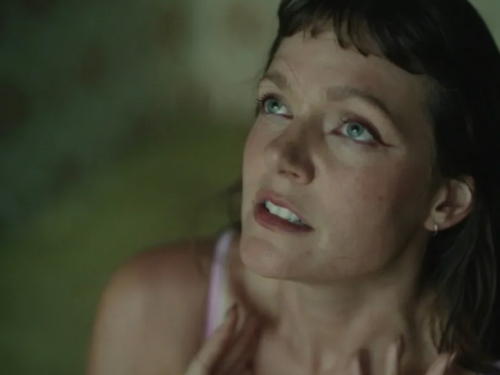
LL Cool J on His Long-Awaited Rock Hall Induction: ‘What’s Meant for You Will Come’
LL Cool J has been on the Rock & Roll Hall of Fame ballot six since times since 2010. Some fans were starting to fear he’d never get in, especially after latter-day hip-hop acts like Tupac Shakur, N.W.A, and the Notorious B.I.G. started getting in before him. But he’s finally entering the Hall this year as the recipient of the Musical Excellence Award, and taking his rightful place among his fellow hip-hop royalty.
Shortly after the news broke, he called up Rolling Stone to explain what this honor means to him, why he never lost faith that his time would come, and why he’s so fixated on elevating other hip-hop icons through his Rock the Bells initiative.
Congratulations on the big news.
Thank you, man. Appreciate it.
How did you find out?
Oh, man, this morning — my phone exploded, you know what I mean? From people I haven’t heard from in a long time to people I speak with all the time. It was a flood of congratulatory messages and positive vibes. It’s crazy. I’m really thankful.
Tell me your first reaction to hearing the news.
To be honest with you, it’s humbling and it’s inspiring. It makes me want to get in the studio and give something back for this recognition. In a weird kind of way, it makes me want to pay it forward by creating something special for people, and outdo myself in a way, creatively. That’s what it does. It makes me want to give the world a new music project.
You had six prior nominations. Did you start losing hope?
Nah. Not at all. You never think about the last at-bat. Athletes go through that. People go through different things. At the end of the day, that only makes it better. People get caught up in that kind of stuff when their ego gets involved. That’s when you get in trouble. But I never put my ego in it. I understand that there’s a rhythm and a reason and people feel what they feel. What’s meant for you will come to you. So I’m good.
You’ve won Grammys and VMAs and even the Kennedy Center Honors. How does this compare?
I mean, it’s some serious hardware. [Laughs] It’s some serious hardware, bro! Come on, between the Kennedy Center and the Rock & Roll Hall of Fame, how big? It’s absolutely amazing. What can I say. I’m just thankful. It feels crazy. When you’re a little kid sitting on the block with a 40 and a bottle of Olde English, tapping on a garbage can, you don’t know that you’re going to get this far.
It’s a pretty great class this year with the Foo Fighters, Tina Turner, Carole King, Jay-Z, Todd Rundgren, and the Go-Go’s. I’m sure you’re fans of all these people.
Absolutely. Look at Carole King. Come on! Tina Turner! Things take time, and I’m just so happy to be a part of the class. I’m humbled, inspired, and just want to continue to do great things for hip-hop culture and lift up other artists through my company Rock the Bells and really help them out and make sure their legacies are celebrated and they are treated the way I believe they should all be treated.
Are you going to perform?
I don’t know. I have no idea. I’d be open to it, but I haven’t even even gotten that far to think about that kind of stuff. I’m still glad to be walking in the door.
People often play together at the event. I think you and the Foo Fighters or you and Jay-Z could be killer.
I’m totally with it.
You started your career at the same time the Hall of Fame started. Did you even know about it back then? Was it something you thought about?
No, man. I was thinking about getting a pair of Pumas, a gold chain, and writing my rhymes in my composition notebook. And just going to the block party and just being the best rapper I could be, the best MC I could be, and just going through that process. I didn’t know about these things.
But on my song “I Need a Beat,” my very first single, a small, regional hit, I said, “I predict this jam will hit the highest plateau in the world of music/Paparazzi, wealth, and fame/Total proportion of my name.” I said that on that song. And it came to fruition.
I sometimes hear very ignorant people say that hip-hop doesn’t belong in the Rock & Roll Hall of Fame. It drives me nuts. How do you respond to people who think like that?
I don’t. [Long, booming laugh.]
That says it all. Hip-hop is clearly a very large branch on the tree of rock & roll.
Listen, man, I knew Little Richard. We were friends. You can’t tell me that I shouldn’t be standing next to Little Richard. I’m a direct descendant of everything that Little Richard did. To say that I don’t belong is ludicrous. This is a guy that would sit with his arm around me and say, “You guys are continuing the push the torch forward. You are carrying the torch.” I sat with Little Richard and had those conversations. Let’s not act like I’m not a direct descendant of the Chuck Berrys and the Little Richards of the world.
Of course.
So the people that are doing that, they are being slightly dishonest about where rock & roll comes from. It might be hard to draw a line from me to some people, but when you get to the roots of it, I’m the fruit of that root.
In the past, the Hall has brought in Grandmaster Flash and the Furious Five, Biggie, the Beastie Boys, Public Enemy, N.W.A, and Tupac. What other key pioneers do you think they’re missing?
Oh, man. So many. You got Eric B. and Rakim and Big Daddy Kane and Salt-N-Pepa. These people moved the planet. The world changed when they appeared on the scene. They deserve it. These are great artists. They have mastered their craft. It’s a different craft, but it’s mastery nonetheless. To be able to set poetic prose to music and move the masses is not easy.
In all genres, you have hacks. We’re not talking about hacks. We’re talking about people that have mastered their craft. You have these guys and these women, they all deserve it, 100 percent.
I turn on FM radio and I hear classic rock all the time. I don’t hear classic hip-hop outside of SiriusXM. Why is that?
That’s why I started the channel Rock the Bells, to celebrate the culture and to celebrate classic hip-hop. To be quite frank, there’s that remnant of systemic racism that effects the way the music is positioned in the world and affects how these artists are positioned once they are no longer Number One on the chart. The get treated a little more like commodities. There are many reasons for that, and the reasons are pretty obvious when you think of some of the things that have gone on.
But at the same time, it is possible. And sometimes besides complaining about something, you have to take steps to correct whatever it is that’s bothering you. That’s whey I did the Rock the Bells channel. I know that even me personally, people weren’t necessarily jumping and digging into my catalog and playing the music the way I felt they should, or playing Eric B. and Rakim or an early Nas record or an early Ice Cube record, early Public Enemy, early Eminem.
These artists deserve to be respected forever, not just during the moment when their record is peaking on the charts. That’s why I started Rock the Bells. And it took me five years to convince [Sirius president and chief content officer] Scott Greenstein to let me start that channel. It wasn’t an overnight vanity deal. I had to work with him for five years, and I’m doing this for the culture.
Schools should teach it too. It’s an important part of American history.
It is being taught in some schools. The president of my company, his cousin just did her dissertation on hip-hop. My daughter took a hip-hop class at Northeastern University when she was an undergrad. The curriculum is being taught all over the country. Cornell has an extensive hip-hop collection. You’ve got the Universal Hip Hop Museum coming. You’ve got Rock the Bells, which is for classic and timeless hip-hop. This is real. We’re on it.
It’s somewhat obvious, but why do you think it’s important for young people to learn this history?
Because this is a craft. In order for a tree to stay healthy, we must take care of the roots. Art is one of the important areas … when it comes to history, thousands of years ago, people used art. It tells the word a lot about who we are, what we are, and how we feel. This craft is a craft that developed amongst people in the inner city that were on the bottom and denied opportunity and access. They took poetic prose and turned it into something over different bits of jazz and rock, funk, and even country, for that matter. They did what they had to do.
And so the kids should know their history, just like they should know their history of jazz and other genres. They should know what hip-hop is and where it came from.
Also, there’s a healing that goes on not just in musical genres, but a healing in the community when the father can hug the son and when the uncle can hug the nephew or the mother can hug the daughter. They can rally around each other with music. Music bring families together. It brings generations together. That’s why it’s extremely important that these kids and these youngsters know about the LL Cool Js and the Jay-Zs and the whoevers. They need to know about it.
How do you think you’ll feel as you’re standing at the podium to accept the award that night?
I have no idea. It remains to be seen. I really don’t. I’m just happy to be doing what we do.
Are you really thinking about your next album? I’ve been hearing about a possible G.O.A.T. 2 for a long time.
I’m definitely serous about the next album. I don’t know if it’s going to be the G.O.A.T. 2 project. That was something different. But I’m definitely serious about this new musical project. I’m very serious. I’m extremely inspired by this moment, extremely inspired that people are recognizing my body of work. It absolutely makes me want to give people something impactful and memorable moving forward.
In another area, it’s pretty amazing that NCIS: Los Angeles got picked up for a 13th season. That show has gone longer than Cheers now.
Yeah! I’ve done a lot of things in my career. I’ve had a lot of accomplishments, and that’s obviously a great one. Sometimes you just gotta be thankful and let it flow. Don’t overthink it. I’m just letting it flow and being thankful.
To wrap up, what are your future goals? It’s hard to go bigger than the Kennedy Center and the Hall of Fame.
You know what? I think the priority now is to lift up the culture through Rock the Bells, really lift up hip-hop and all these artists that either came before or after me. That’s the priority. The secondary goal is to create a music project that people can really, really respond to. I just want to make a contribution to the culture artistically. That’s the secondary goal. The priority is Rock the Bells. The secondary goal is to make a contribution to the culture through this project. That’s it.




